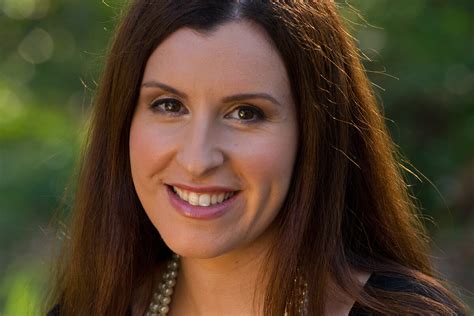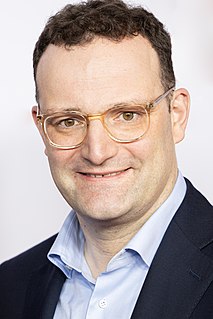A Quote by Randa Abdel-Fattah
When you exist in the centre of a debate, as a topic, a hypothesis - otherised and stigmatised - you become the prop in a proposition.
Quote Topics
Related Quotes
[Coining phrase "null hypothesis"] In relation to any experiment we may speak of this hypothesis as the "null hypothesis," and it should be noted that the null hypothesis is never proved or established, but is possibly disproved, in the course of experimentation. Every experiment may be said to exist only in order to give the facts a chance of disproving the null hypothesis.
What's happened in the United States is something that has already happened in Europe and that is that Islam is become 'otherised', it has become a kind of receptacle into which fears and anxieties about the political or economic situation, about the changing racial landscape of this country are being thrown.
Mr. Darwin's hypothesis is not, so far as I am aware, inconsistent with any known biological fact; on the contrary, if admitted, the facts of Development, of Comparative Anatomy, of Geographical Distribution, and of Palaeontology, become connected together, and exhibit a meaning such as they never possessed before; and I, for one, am fully convinced that if not precisely true, that hypothesis is as near an approximation to the truth as, for example, the Copernican hypothesis was to the true theory of the planetary motions.
The problem of reconciling human suffering with the existence of a God who loves, is only insoluble so long as we attach a trivial meaning to the word "love", and look on things as if man were the centre of them. Man is not the centre. God does not exist for the sake of man. Man does not exist for his own sake. "Thou hast created all things, and for thy pleasure they are and were created." We were made not primarily that we may love God (though we were made for that too) but that God may love us, that we may become objects in which the divine love may rest "well pleased".
We separate problems with the brain into neurological and psychiatric, and it's because it's stigmatised still. Mental illness is still stigmatised. Imagine if we treated people with cancer like that. Just because your personality changes and your behaviour changes, all of a sudden you are put in a different category.
But I should be very sorry if an interpretation founded on a most conjectural scientific hypothesis were to get fastened to the text in Genesis... The rate of change of scientific hypothesis is naturally much more rapid than that of Biblical interpretations, so that if an interpretation is founded on such an hypothesis, it may help to keep the hypothesis above ground long after it ought to be buried and forgotten.
I do not yet want to form a hypothesis to test, because as soon as you make a hypothesis, you become prejudiced. Your mind slides into a groove, and once it is in that groove, has difficulty noticing anything outside of it. During this time, my sense must be sharp; that is the main thing - to be sharp, yet open.





































